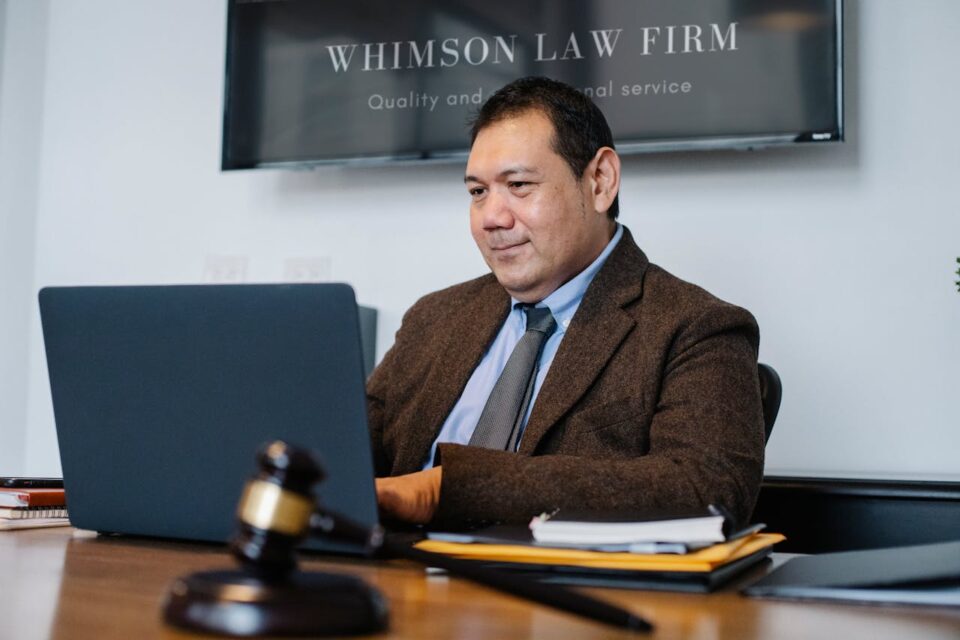When dealing with personal injury cases, insurance negotiations are a critical phase that can significantly affect the outcome of a claim. These negotiations often determine how much compensation a victim receives for medical expenses, lost wages, pain, and suffering. Navigating the complexities of insurance negotiations can be challenging, especially for someone without legal expertise. This is where personal injury lawyers like a pensacola car accident attorney play a vital role. They help clients navigate the often complicated world of insurance claims and ensure they receive fair compensation for their injuries. Understanding the role of personal injury lawyers in insurance negotiations is crucial for anyone involved in a personal injury case.
Expertise in Legal Rights and Insurance Policies
 One of the primary roles of a personal injury lawyer in insurance negotiations is to provide expert knowledge about the legal rights of their clients. Insurance companies have teams of adjusters and lawyers who are well-versed in the intricacies of policies and the legal system, and they often use this knowledge to minimize the payout of claims. Personal injury lawyers, however, have an in-depth understanding of personal injury law and insurance policies.
One of the primary roles of a personal injury lawyer in insurance negotiations is to provide expert knowledge about the legal rights of their clients. Insurance companies have teams of adjusters and lawyers who are well-versed in the intricacies of policies and the legal system, and they often use this knowledge to minimize the payout of claims. Personal injury lawyers, however, have an in-depth understanding of personal injury law and insurance policies.
They can effectively counter any strategies the insurance company might employ to undervalue or deny a claim. This expertise ensures that clients are fully aware of their rights and entitled benefits, which can significantly impact the negotiation process.
Gathering and Presenting Evidence
Personal injury lawyers are responsible for gathering all relevant evidence to support their client’s claims. This evidence may include medical records, accident reports, witness statements, and any other documentation that substantiates the extent of the injuries and the responsible party’s liability. A personal injury lawyer strengthens the client’s position during negotiations by compiling and presenting compelling evidence. Insurance companies are more likely to offer a fair settlement when solid evidence demonstrates the injury’s severity and associated costs. A lawyer’s ability to present this evidence effectively is crucial in maximizing the compensation offered.
Negotiating with Insurance Adjusters
Personal injury lawyers have extensive experience negotiating with insurance adjusters, who are trained to protect the interests of their employers by minimizing payout amounts. Lawyers understand the tactics that adjusters use, such as offering a quick but low settlement or attempting to downplay the severity of the injuries. They know how to counter these tactics and advocate for a fair settlement. Lawyers use their knowledge of the law, evidence, and the calculated value of the claim to negotiate effectively on behalf of their clients. They can also recognize when an offer is too low and advise their clients on whether to accept or continue negotiating.
Protecting Clients from Legal Pitfalls
 Insurance negotiations can be fraught with legal pitfalls that can jeopardize a client’s claim. For example, making statements to an insurance adjuster without proper legal guidance can inadvertently harm the case. Personal injury lawyers act as intermediaries between their clients and the insurance companies, ensuring that communication is handled professionally and carefully.
Insurance negotiations can be fraught with legal pitfalls that can jeopardize a client’s claim. For example, making statements to an insurance adjuster without proper legal guidance can inadvertently harm the case. Personal injury lawyers act as intermediaries between their clients and the insurance companies, ensuring that communication is handled professionally and carefully.
They help clients avoid mistakes that could weaken their position, such as admitting fault or accepting an inadequate settlement. Additionally, they are prepared to take the case to court if negotiations fail, which can pressure insurance companies to offer a fair settlement to avoid a costly and lengthy trial.
Conclusion
Personal injury lawyers play a crucial role in insurance negotiations, using their expertise to secure fair compensation for their clients. For anyone involved in a personal injury case, having a knowledgeable lawyer by their side can make a significant difference in the outcome of their claim, ensuring that they receive the compensation they deserve for their injuries and losses.

